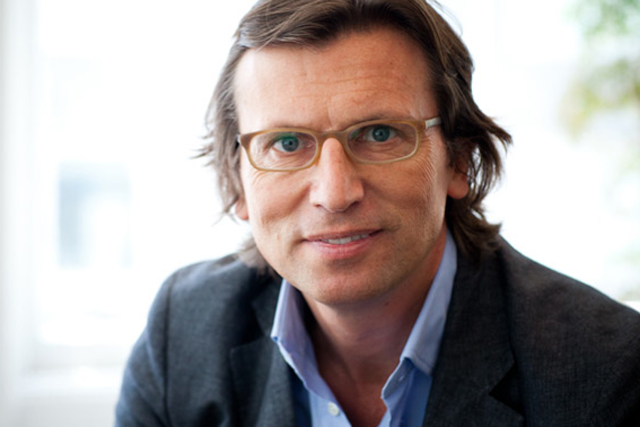This latest Global Brand Simplicity Index, a poll of over 6,000 consumers that charts the ease with which they understand what’s offered to them by leading brands, shows that the need for simplicity and its corresponding economic value is more acute than ever.
Not only are the simplest brands outperforming the major stock indexes, consumers continue to say that they’re willing to pay a premium for simplified experiences.
Some familiar faces ranked within the top 10 UK brands this year, including McDonalds (#3), Premier Inn (#7) and John Lewis (#9). All were cited as having clear and concise brand messages, which served them well when engaging with customers.
Energy and banking fared badly with big names like Santander (#116), Barclays (#121) and EDF Energy (#112) propping up the bottom of the rankings.
Ryanair landed dead last in the Index - both in the UK and globally. While most no-frills brands are usually synonymous with simplicity, customers complained about hidden charges they are "not aware of until further down the booking line, making it hard to compare prices".
In the minds of many consumers, Ryanair has become a master of complexity with a cluttered website they say is "designed to deceive", concealing the true cost of tickets and drawing people to a stage in the booking process where it’s easier to go on than turn back.
Banking was inevitably one of the lowest ranked industries as attitudes continue to remain downbeat following the global banking crisis and recent tales of technical faults such as the RBS and NatWest cash machine chaos.
As big bank brands move from one crisis to another consumers are now seeking more trustworthy institutions to protect their assets. The consensus among respondents globally saw simplicity in banking associated with similar traits: trust, service and accessibility. Whether banks can streamline their systems of communication remains to be seen; however, they stand to make massive dividends if they can.
At the other end of the spectrum, Google and internet search in general topped the rankings across the board this year. Despite controversy around privacy agreements, the speed and effectiveness of Google’s search results create an experience that, as one respondent eloquently summarised, "makes your day easier".
These results tell a clear story of a growing need and demand for simplicity in the UK. We live in an increasingly complicated world and the brands that help simplify our lives are winning not just consumer affection, but also a greater share of our wallet. Overcoming complexity is the new brand challenge.
Google’s premise has always been mind bogglingly simple - they search the web so you don’t have to, so why aren’t all brands simply adapting and moving away from overly complex touchpoints that only serve to alienate their customers?
The simple answer is that simplicity isn’t easy for most brands, and the bigger the name the more complicated things can get. Even the most basic ideas can become embroiled within the corporate net of legislations and guidelines.
Brands that can surmount these obstacles and get it right will win passion from their employees, loyalty from their customers and gain insights into their business that set the foundation for the future.
Philip Davies, president EMEA, Siegel+Gale


